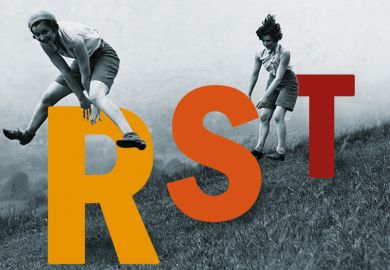A journal cost comparison tool set up by the Plan S open access project is to be abandoned after it was used by barely 100 users last year.
Launched in September 2022, the Journal Comparison Service (JCS) was designed to provide transparency over the costs incurred by different journals and help libraries to judge whether article processing charges (APCs) – which can now reach up to €10,690 (£9,190) – represent value for money.
But the tool was immediately undermined when the world’s biggest scholarly publisher Elsevier refused to participate in the project, with Springer Nature also not submitting data. Both publishers claimed information on costs was available on their websites.
Now cOAlition S, an alliance of mainly European research funders set up to increase the volume of free-to-read publications, has announced that it will disband the cost comparison tool.
In a statement released on 3 February, it explained the number of journals taking part in the project had fallen to 549, down from more than 2,000 journals on its launch.
“Inevitably, with such limited journal coverage, relatively few librarians, library consortia and funders were motivated to register to use the service,” it explained, adding that “at the end of 2024, the JCS had just 105 registered end users, who accessed the service on 163 occasions in that year”.
“Given these low numbers – and the relatively high costs of maintaining this service – we have taken the decision to sunset it, effective 30 April 2025,” it added.
The winding down of the tool comes as UK universities, led by Jisc, gear up for negotiations with five major publishers – Elsevier, Springer Nature, Wiley, Taylor & Francis and Sage – with the aim of bringing down the cost of so-called “big deals”.
One of Jisc’s requirements for any deal will be transparency over costs, stating that publishers “must evidence how charges are fair, reasonable and relate to publishing services and the transition to open access. All fees or contributions should be publicly disclosed”.
Commenting on the demise of the cost comparison tool, Robert Kiley, head of strategy at Coalition S and the lead architect of this service, said it was “disappointing that the JCS never fulfilled its potential”.
“The reasons for this are no doubt multiple: more publishers could have provided data; library consortia could have contractually required publishers to share data through their agreements; funders could have done more to encourage its uptake by both publishers and librarians,” he said.
“But the lessons learned from this experience are not lost and cOAlition S is not giving up on its principles,” Kiley continued, stating the coalition is “continuing our work with committed partners towards more equitable and transparent open access fees and publishing models”.






